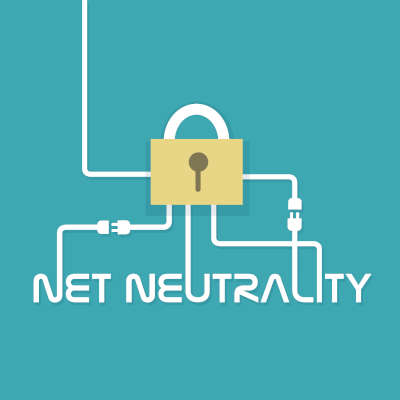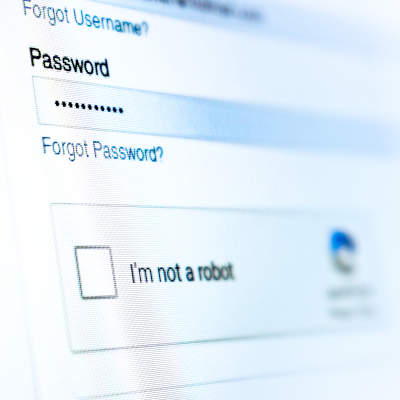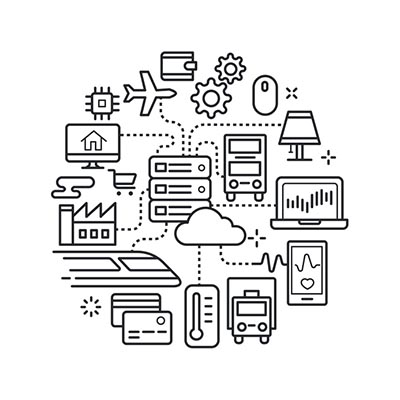In the United States, the political atmosphere in 2020 was extremely testy and one element that we typically keep our eyes on is the net neutrality rules that seem to change every few years or so. Today, we thought we’d revisit the issue and tell you what to expect over the first few months of the new administration.
As the most common Internet browser, Google Chrome is in a position where they always need to be coming up with new draws to maintain their hold on the market. Their latest efforts may help them to do so. Let’s take a moment and examine what Chrome is implementing, and how you can use it to your advantage.
We’re all familiar to some degree with the security measure known as CAPTCHA. You know the one—you usually see it when filling out forms or logging into sites online, where you have to prove that you’re a human being by identifying which of a variety of images fit a certain description. You may have noticed that these tests have gotten far more difficult over time. This is because, predictably, computers are getting better at beating them.
Searching for something on Google seems stunningly self-explanatory: type in what you’re looking for, press Enter, and like magic, it appears. However, there is a lot more that you can do, if you know how to use Google’s full capabilities. Let’s go over how these capabilities can be harnessed to your advantage as you perform your next search.
Millions of Americans are suddenly working from home. Students are now learning online. We’re all surviving the quarantine by binge watching our favorite shows on Netflix and Zooming with our friends and family. How does this bode for the Internet, and security in general? Let’s discuss some recent findings.
A business’ network is one of its key assets, which means that it is particularly important that yours is well-developed and planned. Here, we’ll go over a few basics and best practices for you to familiarize yourself with for when you need to reconsider your business network.
The modern business uses IT in so many ways that aim to make a business move faster, be more efficient, and ultimately, produce more than it would have without that technology. Each of these technologies are powerful in their own right, but they depend on two variables: electricity and a reliably fast Internet connection. When your Internet connection isn’t doing your business any favors, you need to look into why you aren’t getting the network speeds you are paying for. After all, your business depends on it. Today, we will take a look at a few ways you can go about troubleshooting a slow Internet connection.
Most people know what a URL is. It’s the address of a website, typically starting with http:// or https://, and it is essentially the location of a web page or application that can be accessed through a web browser or application. Nowadays, URLs are being manipulated by actors for both positive and negative means. Let’s take a look at URL manipulation and how it could affect you.
I don’t think we’re going too far out on a limb when we say that the Internet is one of the most amazing inventions ever concocted by humans. 50 years ago, the precursor to the Internet, ARPANET was launched by the U.S. Department of Defense at four west coast universities, changing the way people shared data forever. Let’s take a look at ARPANET and how it grew into the Internet we all use constantly today.
The Internet is a vast and amazing place. Some have even argued that it is one of people’s best-ever inventions. Some would push it further by actively attempting to outline what rights an Internet user has. Advocacy groups have been popping up, and while it has had a marked effect on public policy in more progressive nations, some nations look on these groups with disdain. Today we will take you through human rights advocacy on the Internet, and what to expect going forward.










